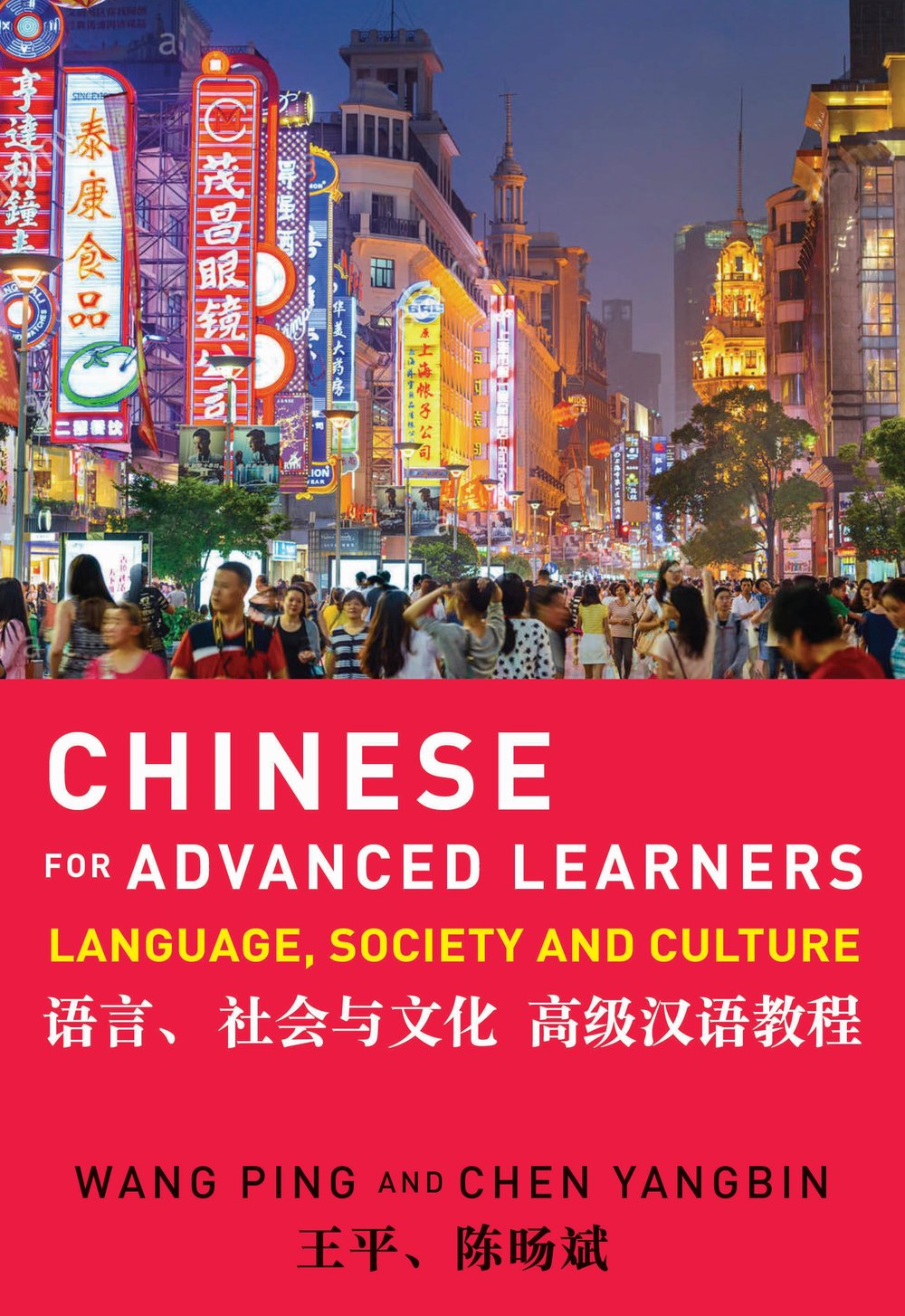Aching For Beauty
Footbinding in China
A fascinating and haunting exploration of the bound foot in Chinese culture.
Why did so many Chinese women over a thousand-year period bind their feet, enduring rotting flesh, throbbing pain, and hampered mobility throughout their lives? What compelled mothers to bind the feet of their young daughters, forcing the girls to walk about on their doubled-over limbs to achieve the breakage of bones requisite for three-inch feet? Why did Chinese men find women’s "golden lotuses"-stench and all-so arousing, inspiring beauty contests for feet, thousands of poems, and erotica in which bound, silk-slippered feet were fetishized and lusted after?
As a child growing up during the Cultural Revolution, Wang Ping fantasized about binding her own feet and tried to restrict their growth by wrapping them in elastic bandages. Even though footbinding was not practiced by every woman in late Imperial China, the aesthetic, financial, and erotic advantages of footbinding permeated all aspects of language, ranging from erotic poetry, novels, and performances to food writing, myths, folk songs and ditties, and secret women’s writing, some of it hidden in embroidery. In Aching for Beauty, Wang interprets the mystery of footbinding as part of a womanly heritage-"a roaring ocean current of female language and culture."
She also shows that footbinding should not be viewed merely as a function of men’s oppression of women, but rather as a phenomenon of male and female desire deeply rooted in traditional Chinese culture. Written in an elegant and powerful style, and filled with personal, intriguing, and sometimes paradoxical insights, Aching for Beauty builds bridges from the past to the present, East to West, history to literature, imagination to reality.
Wang Ping, born in Shanghai, came to the United States in 1985. Her books include short stories, American Visa (1994); a novel, Foreign Devil (1996); and poetry, Of Flesh and Spirit (1998). She also edited and cotranslated New Generation: Poems from China Today (1999). She has a Ph.D. in comparative literature from New York University and teaches creative writing at Macalester College in St. Paul, Minnesota.


